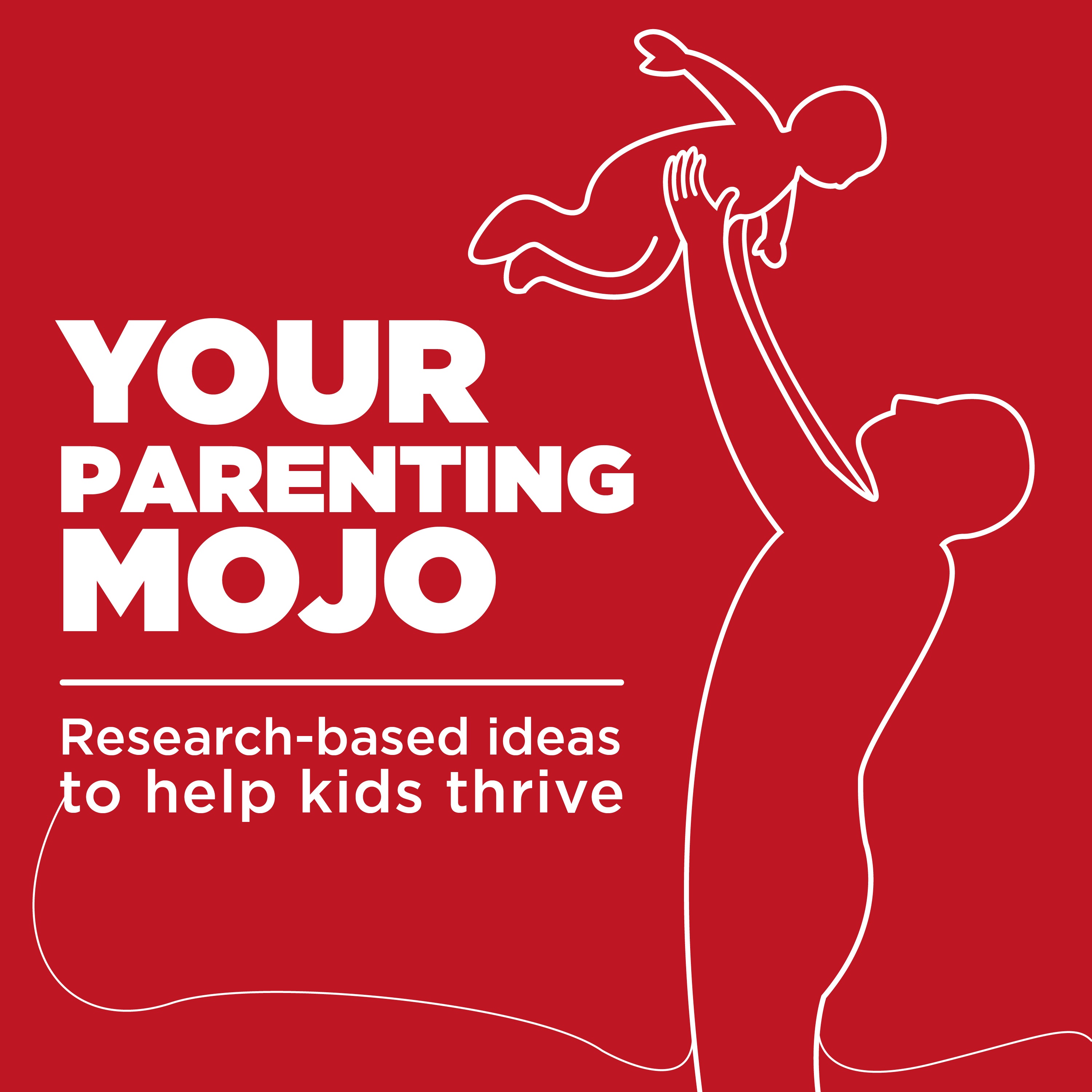007: Help! My toddler won’t eat vegetables

(Believe it or not, this is Carys’ “I freaking love homemade spinach ravioli with broccoli” face!) I was sitting in a restaurant recently with half an eye on a toddler and his parents at the next table. The parents were trying to get the toddler to eat some of his broccoli before he ate the second helping of chicken that he was asking for. All of a sudden a line from Pink Floyd’s album “The Wall” popped into my head: If you don’t eat yer meat, you can’t have any pudding. How can you have any pudding if you don’t eat yer meat? This is the way I was raised; you finish everything on your plate and you certainly don’t get dessert if you don’t finish your meal. But as is the custom with the Your Parenting Mojo podcast, I want to use this episode to question why we do this and find out what scientific research has to say about it all. We want our toddlers to eat a balanced diet, and we assume we have to teach them what a balanced diet means. But do we really? Or can we trust that our children will eat the foods that they need to be healthy? These are some of the questions we’ll set out to answer in this episode. References Benton, D. (2004). Role of parents in the determination of the food preferences of children and the development of obesity. International Journal of Obesity 28, 858-869. DOI: 10.1038/sj.ijo.0802532 Birch LL. (1980). Effects of peer models’ food choices and eating behaviors on preschoolers’ food preferences. Child Development 51, 489–496. Birch, LL., Marlin, D.W., & Rotter, J. (1984). Eating as the ‘means’ activity in a contingency: Effects on young children’s food preferences. Child Development 55, 432-439. Retrieved from: https://www.jstor.org/stable/1129954?seq=1#page_scan_tab_contents Birch, L.L., & Fisher, J.O. (1998). Development of eating behaviors among children and adolescents. Pediatrics 101 Issue supplement 2. Retrieved from: http://pediatrics.aappublications.org/content/101/Supplement_2/539 Birch, L.L., Fisher, J.O., Grimm-Thomas, K., Markey, C.N., Sawyer, R., & Johnson, S.L. (2001). Confirmatory factor analysis of the Child Feeding Questionnaire: A measure of parental attitudes, beliefs and practices about child feeding and obesity proneness. Appetite 36, 201-210. DOI: 10.1006/appe.2001.0398 Davis, C.M. (1939). Results of the self-selection of diets by young children. Canadian Medical Association Journal 41, 257-61. Full article available at: http://www.pubmedcentral.nih.gov/picrender.fcgi?artid=537465&blobtype=pdf (www.pubmedcentral.nih.gov/picrender.fcgi?artid=537465&blobtype=pdf) Fisher, J.O., & Birch, L.L. (1999). Restricting access to foods and children’s eating. Appetite 32(3), 405-419. DOI: 10.1006/appe.1999.0231 Hughes, S.O., Power, T.G., Orlet Fisher, J., Mueller, S., & Nicklas, T.A. (2005). Revisiting a neglected construct: Parenting styles in a child feeding context. Appetite 44(1), 83-92. DOI: http://dx.doi.org/10.1016/j.appet.2004.08.007 (10.1016/j.appet.2004.08.007) Jansen, E., Mulkens, S., & Jansen, A. (2007). Do not eat the red food!: Prohibition of snacks leads to their relatively higher consumption in children. Appetite 49(3), 572-577. DOI: 10.1016/j.appet.2007.03.229 Jansen, E., Mulkens, S., Emond, Y., & Jansen, A. (2008). From the Garden of Eden to the land of plenty: Restriction of fruit and sweets intake leads to increased fruit and sweets consumption in children. Appetite 51(3), 570-575. DOI: 10.1016/j.appet.2008.04.012 Newman, J., & Taylor, A. (1992). Effect of a means-end contingency on young children’s food preferences. Journal of Experimental Child Psychology, 64, 200-216. DOI: 10.1016/0022-0965(92)90049-C Pink Floyd (1979). Another brick in the wall – Part 2. London, Metro-Goldwyn-Mayer. Lyrics retrieved from: http://www.pink-floyd-lyrics.com/html/another-brick-2-wall.html (http://www.pink-floyd-lyrics.com/html/another-brick-2-wall.html) Savage, J.S., Fisher,